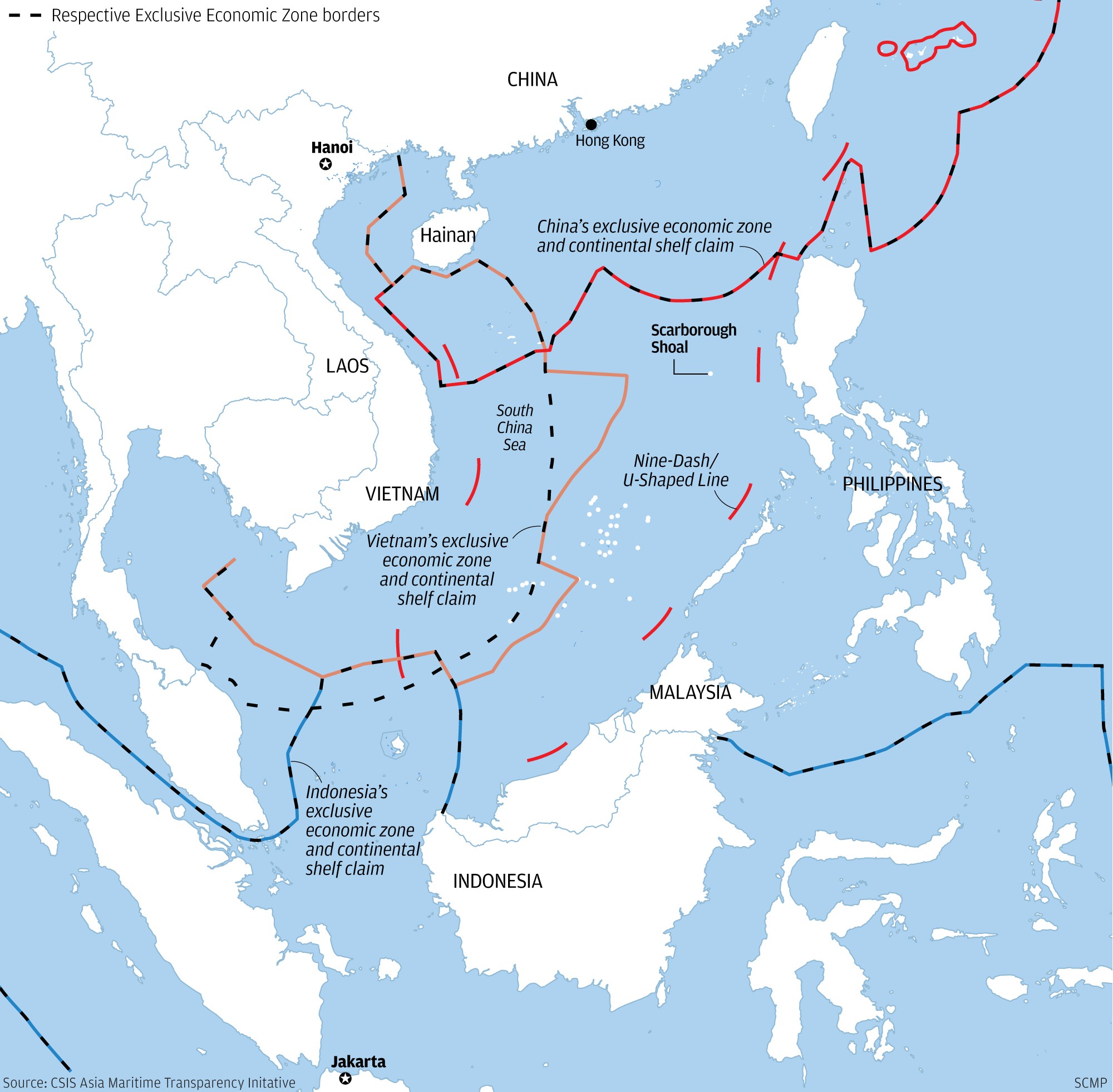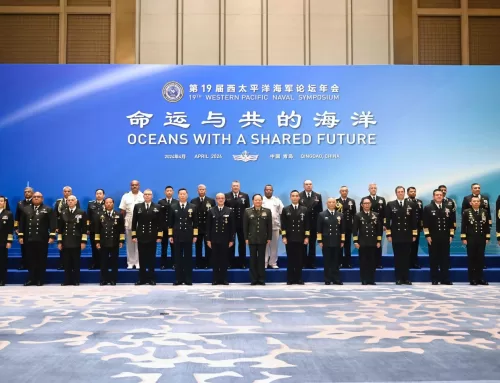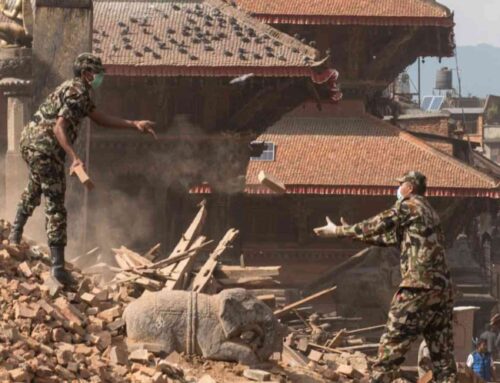30 May 2020, NIICE Commentary 5119
Saloni Salil
The South China Sea (SCS) dispute is not a new one. It has been a bone of contention for many decades now. Apart from its geo-strategic significance that stems from its location, availability of untapped energy reserves and one of the busiest choke point, the Straits of Malacca connecting the vast expanse of Indian Ocean with the Pacific, the region has been a host to several interconnected disputes over the various strategic Islands, shoals, reefs etc. scattered throughout the SCS waters leading to a fractured region. “Too many dragons, too much noise”, That is how one Chinese scholar explained constant friction in the South China Sea, where Beijing’s territorial claims are rubbing up against competing claims from several south-east Asian nations”.
The COVID-19 has only added to the fears amongst the claimants of the much disputed islands that China, known for its aggressive behavior, maybe leveraging this opportunity to strong-arm its way into the coveted waters. Most countries in the Indo-Pacific region are fighting with the deadly Coronavirus, China has been aggressively increasing its military activities, particularly in the Indo-Pacific, around the SCS with a view to demonstrate its full supremacy over the much contested SCS islands. Although China’s sovereign claim over the SCS has been rejected by the Permanent Court of Arbitration in 2016, it has persistently shown disregard for the judgement.
“China’s belligerent behaviour, including military manoeuvres and large-scale deployment of military assets to the region, have caught many of its neighbours and the United States off-guard, understandable considering their preoccupation with the pandemic in their respective countries is only likely to further antagonize China’s Indo-Pacific neighbours”. Chinese activities also can be seen as its retaliation to US’s Pivot to Asia and the Quad while trying to prove that “thou shalt not bow down”. “To be sure, Chinese actions have received pushback from regional states. Through a combination of administrative, legal, and operational means, China’s neighbours have sought to deter Chinese aggression in their near seas”. Nevertheless, “these actions have not helped moderate Chinese behaviour”.
China is not leaving any stone unturned to declare itself as the sole reigning power amid the COVID-19 pandemic. From stepping up its game in the SCS, it has been simultaneously intruding the East China Sea waters near Japan controlled islets. The Dragon is also trying to browbeat India by extending its claim over the Pakistan Occupied Kashmir (PoK) by including the climate details into its national weather forecasts and engaging in border skirmishes with India. Nevertheless, China may not get persecuted by the possible US-India led western powers’ pressure and may react more aggressively by drawing support from its strategic counterparts such as Russia, North Korea, Iran, thereby accelerate the tensions making it more complex. The result could be the world getting polarized yet again between two poles as seen during the cold-war.
The Dragon that has been under constant global back-lash for supposedly unleashing the Coronavirus, has been relentlessly throwing up fire by the massive show-off of its military prowess especially in SCS region. The US, India, and other regional powers are already not very pleased with China. However, Chinese ambitions can aggravate into a major armed conflict, something bigger than what was seen between Iran and the US last year if not contained now. The US, India and the other Indo-Pacific powers need to collectively contain China’s expansionist motives. While confronting the pandemic, nations now need to be alert, for any unforeseen act of aggression by China, may shake the sleeping giant ultimately leading to a dangerous war.
The world is not ready to witness another setback, the nations are tired from fighting the virus and the challenge is not over yet. The economies are exhausted, number of poor have increased exponentially, there are more mouths to feed than ever before and therefore, war, at all cost needs to be averted. “If China wants to assume greater regional leadership, it can do so not through coercion, but instead through magnanimity and confidence in its economic and cultural power”. Instead of shooting in its own foot, China can replace its high-handedness with a more liberal attitude by using its economic prowess to forge deeper relationships in the region at this time of economic slowdown and become a growth driver instead.



